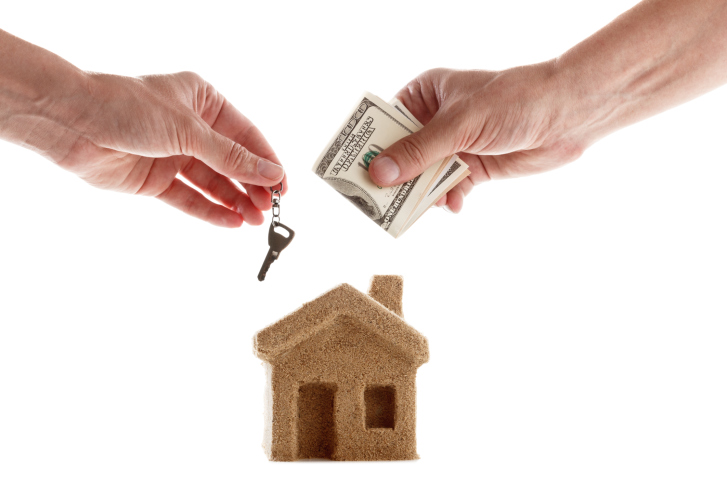The Pros and Cons of Paying Your Mortgage off Biweekly Versus Monthly
 If you have a mortgage, you’re probably looking for the best option to pay it off. Monthly mortgage payments are an easy-to-manage way to pay for your house – in fact, they’re the most common form of mortgage payment but now, many homeowners are discovering that biweekly payments offer them better results.
If you have a mortgage, you’re probably looking for the best option to pay it off. Monthly mortgage payments are an easy-to-manage way to pay for your house – in fact, they’re the most common form of mortgage payment but now, many homeowners are discovering that biweekly payments offer them better results.
So is a biweekly payment the better option for you? Which payment strategy best fits your individual circumstances? Here’s what you need to know.
Biweekly Payments: Pay Off Your Mortgage Faster and Save on Interest
Biweekly payments are becoming increasingly popular for a variety of reasons. With a biweekly payment, you’ll pay less money in total interest payments over the course of the whole mortgage, and you’ll pay your mortgage off faster. Biweekly payments also make it easier to budget for your mortgage because they coincide with your paycheck, and the biweekly payment system forces you to make extra payments toward your principal.
That said, biweekly payments also have some disadvantages. If you’ve bought a home at the very top tier of what you can afford, you might not have the budget flexibility for extra payments. Your lender may also force you to pay a $300 setup fee or a processing fee for each payment.
Monthly Payments: Easier to Afford for Large Homes
Paying your mortgage off on a monthly basis has long been the standard, for a variety of reasons – for instance, most homeowners are typically more comfortable with monthly payments as they were the norm during the owner’s years as a renter. It may also be easier to manage monthly payments if you work as an independent contractor and don’t always get paid every two weeks.
Monthly mortgage payments are more affordable for owners of larger homes, which typically come with larger mortgages. A monthly payment schedule also means you make one less payment per year, and for those on a strict budget, this can help to make the daily necessities of life more affordable.
Monthly mortgage payments were once the expected norm, but now, a lot of homeowners are choosing to make biweekly payments in order to pay off their mortgages faster and better budget their money. Monthly payments still remain popular, though, for a variety of reasons.
So which one is better for you? A qualified mortgage advisor can help you determine your best course of action. Call your local mortgage professional to learn more about your mortgage payment options.

 Title insurance is one of the few types of protection policies available to homebuyers and one that is often overlooked because of its optional nature.
Title insurance is one of the few types of protection policies available to homebuyers and one that is often overlooked because of its optional nature. It seems like everything is getting jumbo sized these days. Jumbo sized soft drinks. Jumbo sized fast food meals. Jumbo sized smartphones. But one thing that nobody thought would get jumbo sized? Is mortgages.
It seems like everything is getting jumbo sized these days. Jumbo sized soft drinks. Jumbo sized fast food meals. Jumbo sized smartphones. But one thing that nobody thought would get jumbo sized? Is mortgages. Most people tend to think of a mortgage loan as a necessary evil, an expense that has to be managed. But under the right circumstances, your mortgage can become a smart investment – something that makes you money instead of costing you money. With a little bit of ingenuity and a lot of hard work, you can turn your mortgage into a money-making investment that will pay dividends for years to come.
Most people tend to think of a mortgage loan as a necessary evil, an expense that has to be managed. But under the right circumstances, your mortgage can become a smart investment – something that makes you money instead of costing you money. With a little bit of ingenuity and a lot of hard work, you can turn your mortgage into a money-making investment that will pay dividends for years to come. If you’re looking for a new home, you’ve probably heard lots of advice about down payments. About how it’s okay to just have a five percent down payment – you’ll still get approved. About how you should make the down payment as small as possible to avoid cash flow problems.
If you’re looking for a new home, you’ve probably heard lots of advice about down payments. About how it’s okay to just have a five percent down payment – you’ll still get approved. About how you should make the down payment as small as possible to avoid cash flow problems.